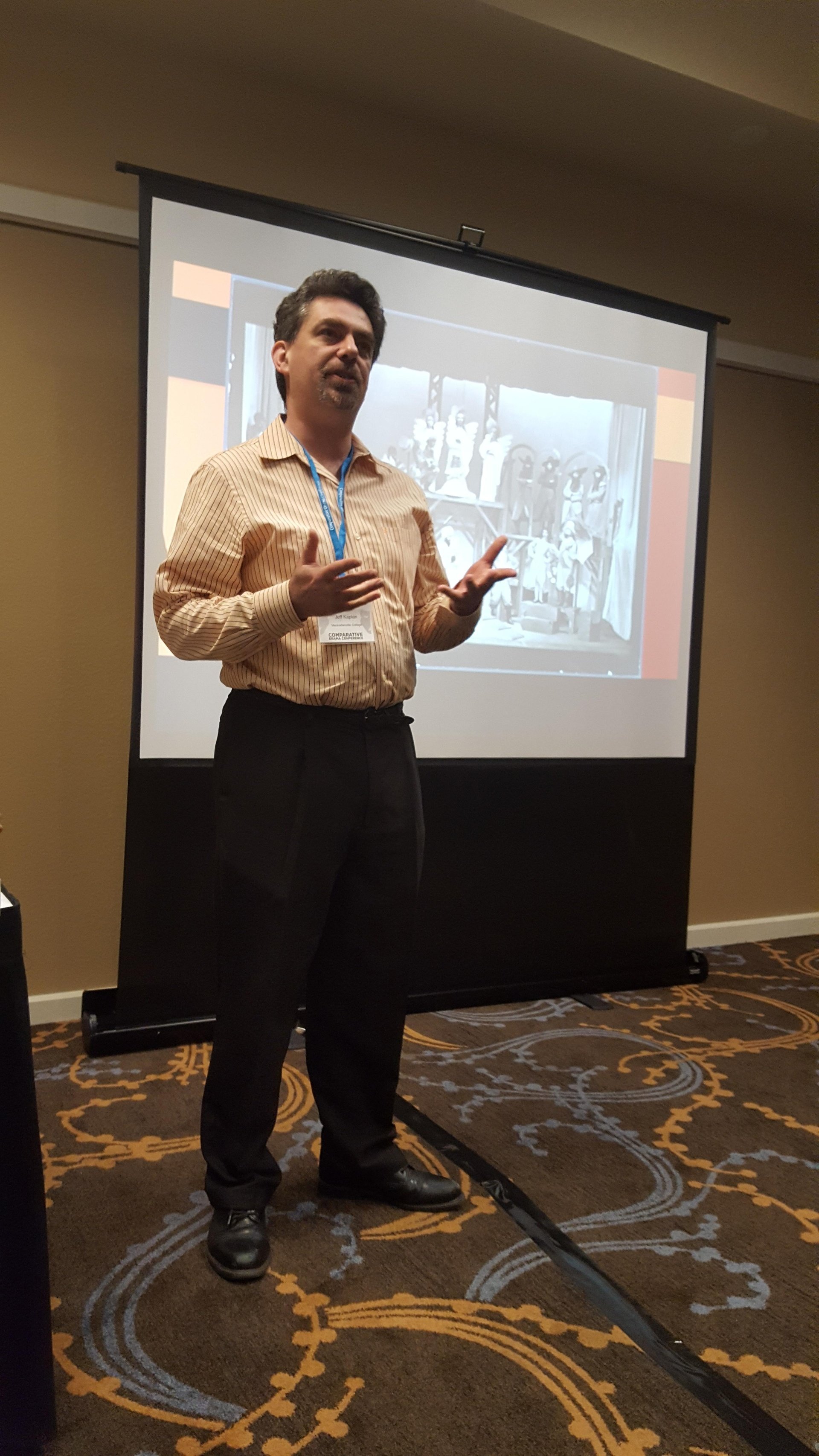
Dramaturgs function as a kind of “in-house academic” for a production. They can provide expertise in performance history. They have broad knowledge of dramatic literature. They help playwrights develop new work. They ask critical questions.
What can a performance scholar do for you?
Gotthold Erphaim Lessings Hamburg Dramaturgy (Hamburgische Dramaturgie), containing essays he wrote for the Hamburg National Theater from 1767-69 establish literary dramaturgy as a formal part of theatrical practice.
George Pierce Baker established production dramatury with his legendary 47 Workshop, a pair of graduate playwriting classes at Harvard University in the first decade of 20th century. The class had an associated company of undergraduate actors who would perform fully produced showings of works-in-progress for feedback. In this way, Baker trained American voices like Eugene O’Neill, Philip Barry, and future WPA Federal Theater Project director Hallie Flanagan—and for that matter an entire generation of theatrical professionals across disciplines.
Dramaturgs can serve your story in many ways:
Create actor packets
Write program notes
Educate casts
Give presentations
Host post-show talkbacks
Conduct roundtables
Present public interviews
Develop educational resources
Translate dramatic texts
Help develop new work
Create lobby displays
Build partnerships

Deepen Your Practice with Expert Assistance
Highlights:
PhD in Theater and Performance Studies
MFA in Dance
Taught Dramaturgy at the University of Maryland
Published academic author (book, articles, and chapters)
Over two dozen academic conference papers
Taught Survey of Dramatic Literature I&II at Manhattanville College
Taught Dance History I&II at Manhattanville College
Member, Literary Managers and Dramaturgs of the Americas (LMDA)





